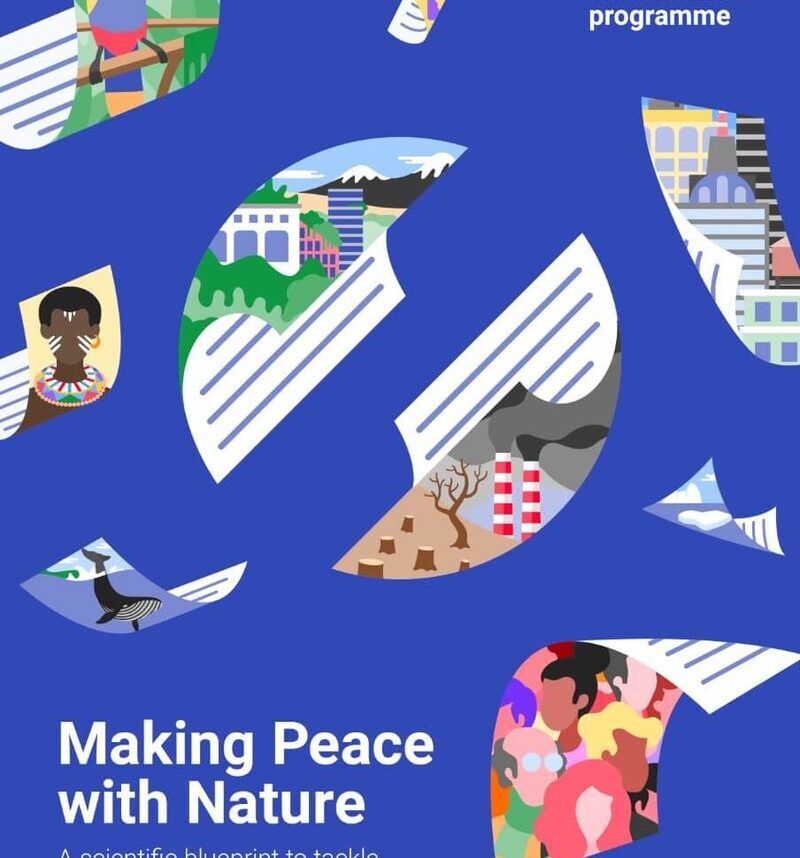
MDBs collective climate financing contributions set to hit $170 bn by 2030
The annual collective climate financing contributions from the group of multilateral development banks (MDBs) is ...

The “Making Peace with Nature” report which was issued by the United Nations Environment Program (UNEP) lights the path to a sustainable future.
This new report is a scientific blueprint to tackle the climate, biodiversity and pollution emergencies. It flags the interlinkages between environmental and development challenges and describes the roles of all parts of society in the transformations needed for a sustainable future.
The report delivered five key messages. The first one is that environmental changes are undermining hard-won development gains by causing economic costs and millions of premature deaths annually. They are impeding progress towards ending poverty and hunger, reducing inequalities and promoting sustainable economic growth, work for all and peaceful and inclusive societies.
The second message is that the well-being of today‘s youth and future generations depends on an urgent and clear break with current trends of environmental decline. The coming decade is crucial. Society needs to reduce carbon dioxide emissions by 45 per cent by 2030 compared to 2010 levels and reach net-zero emissions by 2050 to limit warning to 1.5 °C as aspired to in the Paris Agreement, while at the same time conserving and restoring biodiversity and minimizing pollution and waste.
The third message is that earth’s environmental emergencies and human well-being need to be addressed together to achieve sustainability. The development of the goals, targets, commitments and mechanisms under the key environmental conventions and their implementation need to be aligned to become more synergistic and effective.
The fourth message is that the economic, financial and productive systems can and should be transformed to lead and power the shift to sustainability. Society needs to include natural capital in decision-making, eliminate environmentally harmful subsidies and invest in the transition to a sustainable future.
The last message is that everyone has a role to play in ensuring that human knowledge, ingenuity, technology and cooperation are redeployed from transforming nature to transforming humankind‘s relationship with nature. Polycentric governance is key to empowering people to express themselves and act environmentally responsibly without undue difficulty or self-sacrifice.
“Without nature’s help, we will not thrive or even survive. For too long, we have been waging a senseless and suicidal war on nature. The result is three interlinked environmental crises. Climate disruption, biodiversity loss and pollution that threaten our viability as a species. They are caused by unsustainable production and consumption,” UN Secretary General Antonio Guterres said during an event marking the launch of the report.
Meanwhile, UNEP Executive Director Inger Andersen said “There is indeed no precedent for what we must do, but if 2020 was a disaster, 2021 can and must be the year humanity began making peace with nature and secured a fair, just and sustainable future for everyone.”
The annual collective climate financing contributions from the group of multilateral development banks (MDBs) is ...
Sweden pledges additional $19 million to the Loss and Damage Fund at the 29th United ...
New Chief Executive Officer (CEO) DHL Express in the Middle East and North Africa(MENA) Abdulaziz ...


اترك تعليقا